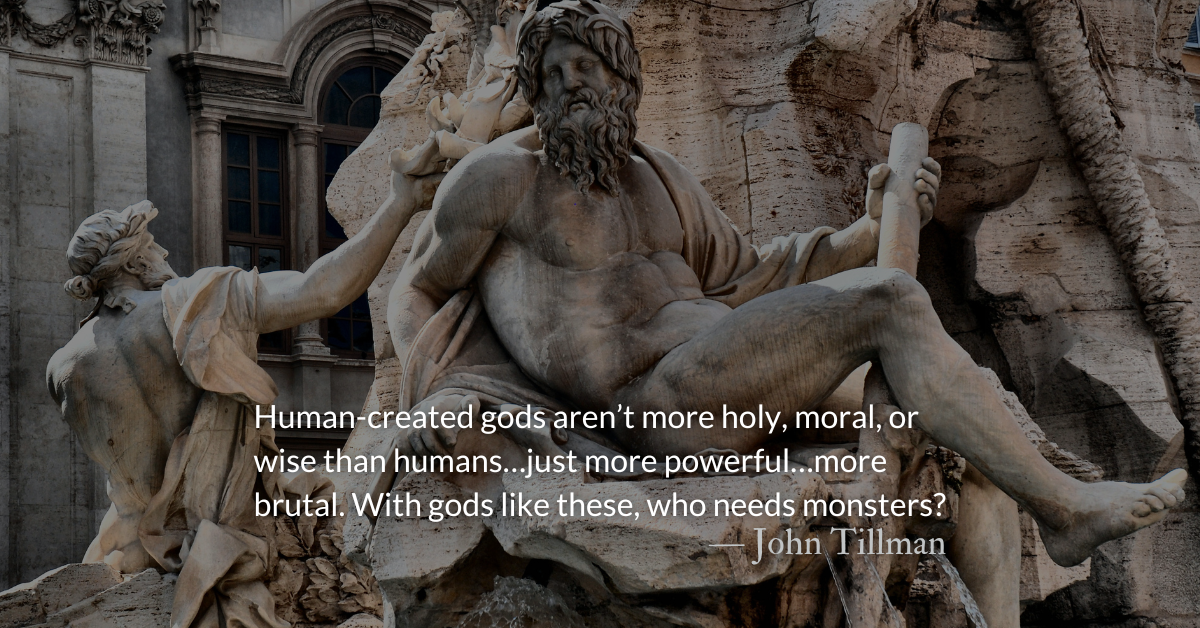Links for today’s readings:
Read: Leviticus 25 Listen: (7:41) Read: Acts 21 Listen: (5:55)
Scripture Focus: Acts 21.12-15
12 When we heard this, we and the people there pleaded with Paul not to go up to Jerusalem. 13 Then Paul answered, “Why are you weeping and breaking my heart? I am ready not only to be bound, but also to die in Jerusalem for the name of the Lord Jesus.” 14 When he would not be dissuaded, we gave up and said, “The Lord’s will be done.” 15 After this, we started on our way up to Jerusalem.
Luke 24.13-16, 27
13 Now that same day two of them were going to a village called Emmaus, about seven miles from Jerusalem. 14 They were talking with each other about everything that had happened. 15 As they talked and discussed these things with each other, Jesus himself came up and walked along with them; 16 but they were kept from recognizing him…27 And beginning with Moses and all the Prophets, he explained to them what was said in all the Scriptures concerning himself.
Acts 20.22-24
22 “And now, compelled by the Spirit, I am going to Jerusalem, not knowing what will happen to me there. 23 I only know that in every city the Holy Spirit warns me that prison and hardships are facing me. 24 However, I consider my life worth nothing to me; my only aim is to finish the race and complete the task the Lord Jesus has given me—the task of testifying to the good news of God’s grace.
Reflection: All Roads Lead to Jerusalem
By John Tillman
Traveling to or from Jerusalem can mean many things, good or bad. Jesus often meets people on the road to or from Jerusalem.
On the road from Jerusalem to Emmaus, Cleopas and another disciple encountered the resurrected Jesus. On their way home in disillusionment and discouragement, Jesus joined them. Through scripture, he restored their faith and reversed their journey’s direction.
On the road from Jerusalem to Damascus, Paul encountered the resurrected Jesus. On his way to persecute Jesus’ followers, Jesus confronted him. Through miracles and the ministry of the church, he reversed the direction of Paul’s pursuits. Paul returned to Jerusalem a follower of Jesus.
On Paul’s final road to Jerusalem, the Holy Spirit spoke to him. On his way to testify about Jesus, prayer and prophecies warned Paul of persecution and pain, not to turn him back, but to prepare him.
His arrest set Paul on the road away from Jerusalem to Rome. On this journey, an angel of the Lord stood beside him, promising to fulfill God’s purpose in Paul’s life. (Acts 27.22-24)
Jesus is with us on whatever road we walk. He knows what it is like to walk to and from Jerusalem that kills the prophets. (Matthew 23.37) Jesus knows what it is like to both love your city and nation and know the dangerous wickedness within them.
All roads for the Christian lead to Jerusalem and all of the potential glory, danger, sacrifice, and suffering that means. We must face our Jerusalem, our Judea, our Samaria, and our Rome. (Acts 1.8) Prison and hardship may await us. (Acts 20.23) We must prepare to be bound or to die for the name of Jesus. (Acts 21.13) What shall we say, “Deliver us from this hour?” No. We must say, as Jesus did, “Father, glorify your name!” (John 12.26-28)
Our road to or from Jerusalem can mean difficulty or danger or doubt or depression. Is your Jerusalem road one of mourning and defeat? Anger and retribution? Fear and ominous warnings? Slander and accusations? Persecution or prosecution?
Jesus will meet us, join us, confront us, comfort us, protect us, and prepare us. Let him open scripture to us, challenge us when we are wrong, warn us to prepare us for the future, and promise us that his purpose in us will be fulfilled.
The road through a Jerusalem of suffering, leads to the new Jerusalem of glory. This is the way and there is no other.
Divine Hours Prayer: A Reading
Then they said to each other, “Did not our hearts burn within us as he talked to us on the road and explained the scriptures to us?” They set out that instant and returned to Jerusalem. There they found the Eleven assembled together with their companions, who said to them, “The Lord has indeed risen and has appeared to Simon.” Then they told their story of what had happened on the road and how they had recognized him at the breaking of bread. — Luke 24.32-35
– Divine Hours prayers from The Divine Hours: Prayers for Springtime by Phyllis Tickle.
Read more: Following Through Jerusalem
The path leading to glory with Christ is the path leading through suffering to death.
Read more: Now Jerusalem and Not-Yet Jerusalem
Nehemiah lived in Now-Jerusalem and pointed to Not-Yet-Jerusalm. So do we.





